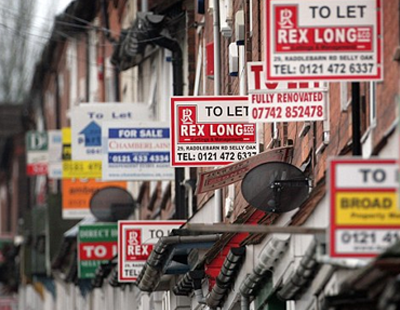Almost one in three UK adults intended to buy a home in 2020, but only a third managed to progress their plans, according to a study by Aviva.
Its latest How We Live study reveals 29% of the population intended to purchase a property at the start of 2020. However, only 9% actually carried out their goal successfully, while 20% – equivalent to around 11 million people – had to halt their plans.
The issue was mostly apparent amongst younger buyers, with 29% of under-25s and 39% of those aged 25-34 seeing their home-buying plans thwarted last year. Equally, 69% of first-time buyers say they needed to rethink their property-buying plans.
Unexpected moves
The study shows a stark contrast between these hopeful buyers and the 4% of the population who found themselves buying a home in 2020, despite not planning to do so.
This activity is skewed towards younger generations, with 8% of under-25s twice as likely to have made a move.
While the stamp duty holiday had an impact on behaviour, with 13% of ‘sudden movers’ taking advantage of the tax break, it was by no means the only motivator.
Aside from the tax cut, 27% of people who made unexpected moves last year needed to find somewhere bigger or more suitable for home-working arrangements.
People were most likely to make swift purchases in London (7% compared to the national average of 4%), where the biggest potential stamp duty savings could be made. Residents in the East of England were also more likely to make unexpected house moves (6%), while people in the North East were least likely (2%).
Why were people unable to buy?
Delays in people’s house-buying plans relate mainly to financial concerns and worries about job security.
More than a third (36%) of non-movers say they were nervous about taking on additional financial commitments at that time and 21% report that a member of the household lost their job or was furloughed.
One in seven of these hindered buyers (14%) had intended to move for a new job but halted their plans because they started working from home.
Older homeowners struggled to sell their homes, potentially because they tend to be larger and more expensive. Some 16% of over-55 say they could not find a buyer for their property, compared to one in 10 across all age groups and just 6% in the 25-34 age category.
What about postponed moves?
In the vast majority of cases, the people who paused their property-buying plans in 2020 still intend to purchase a home in the future. However, they are prepared for a considerable wait.
One in 10 prospective buyers expect their plan to be postponed by at least three years, including 3% who envisage a delay of at least five years.
Gareth Hemming, managing director of personal lines at Aviva, comments: “The stamp duty break has brought welcome opportunities to people who were in a position to make a property purchase and there’s been much talk of the booming housing market.”
“However, there’s also a hidden story of people who were hoping to move in 2020 but had to put their plans on hold because of the many uncertainties. The How We Live study suggests there are far more people in this camp than those who have been able to benefit from the stamp duty holiday.”
“It remains to be seen how this will play out in the longer term, but we can hope that progress will be made in 2021, bringing new hopes for those who have found themselves in limbo this year,” he concludes.





















Join the conversation
Be the first to comment (please use the comment box below)
Please login to comment